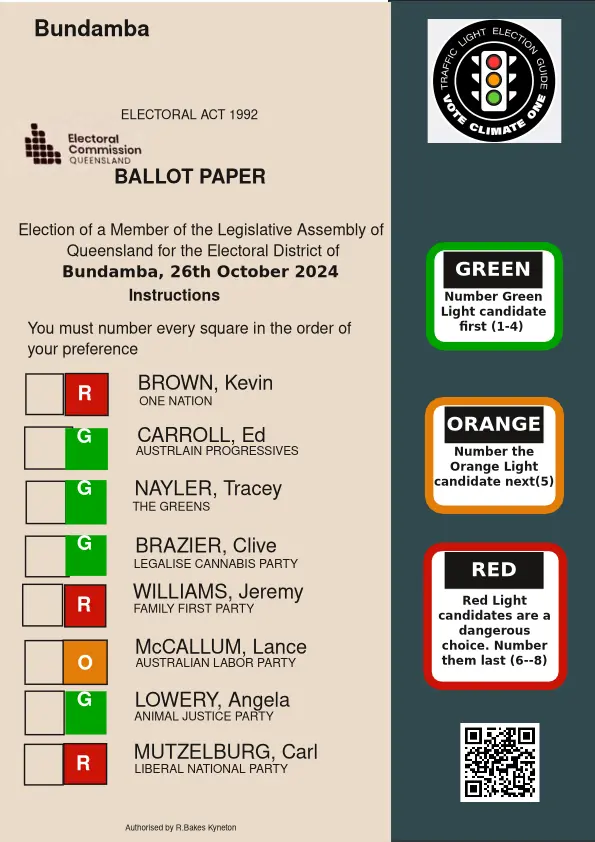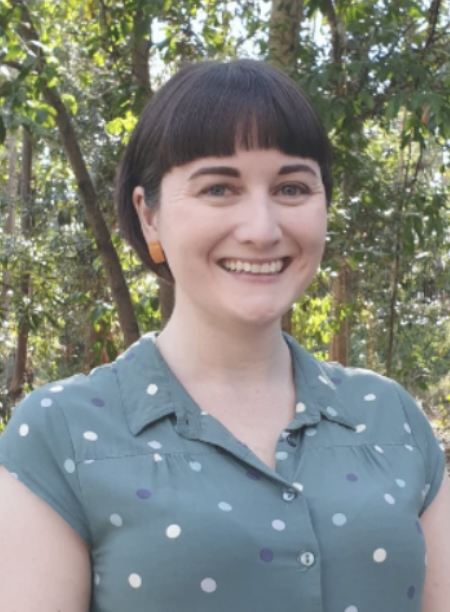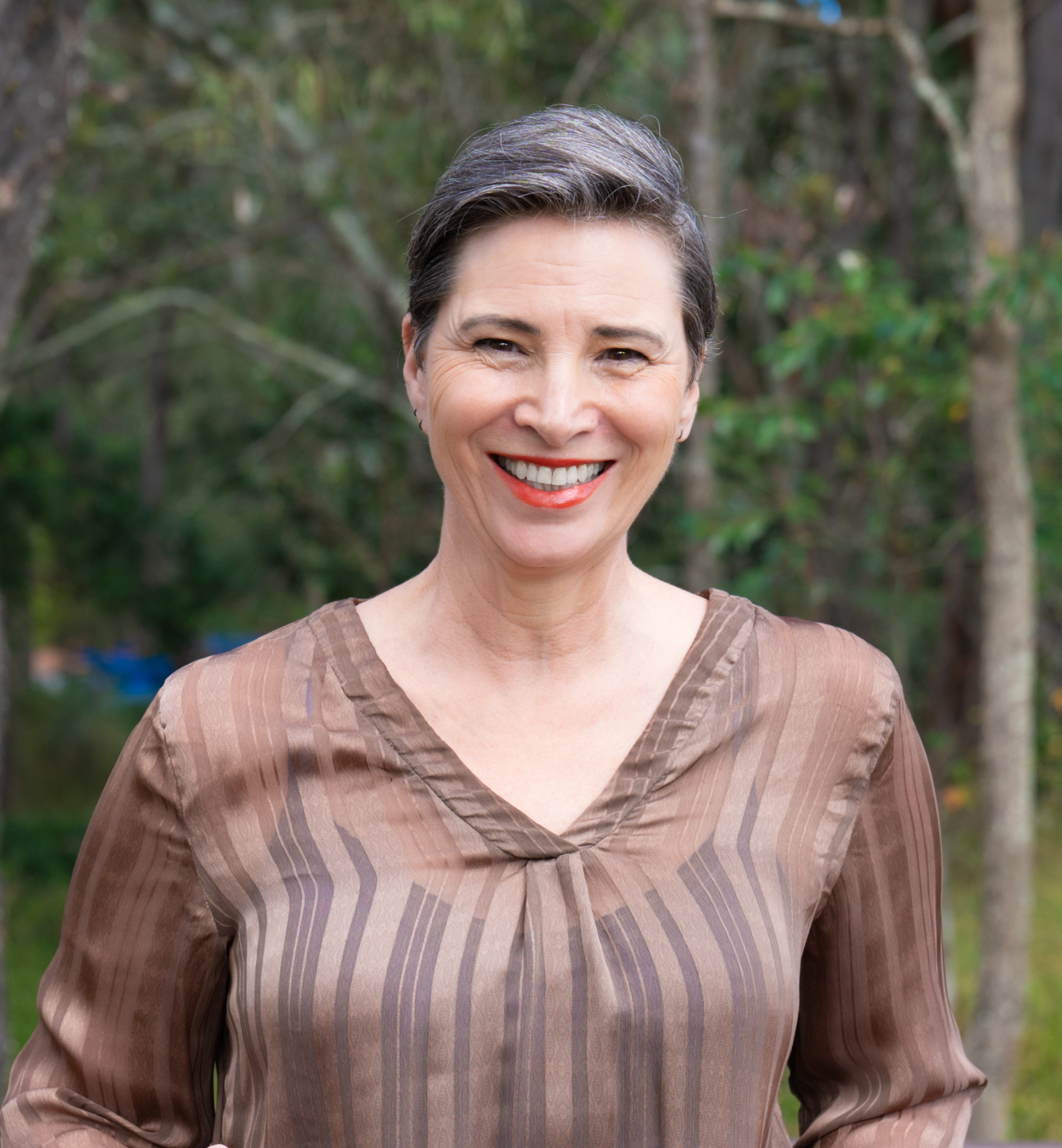Bundamba/ 2024 Queensland state election
Here is your Traffic Light Voting Guide for Bandamba. You can download the guide to your own computer, print, and fill it in at home and then take it to the polling booth with you. It’s super easy then to transfer your choices onto the ballot paper. Alternatively, take your phone with you when you head off to vote, and you can then access our advice on the screen.
In the meantime, you can scroll down this page to check out the Green Light Candidate profiles in your electorate.
.

Outstanding Green Light Candidates
Click on the link to see their profile
Clive Brazier
Ed Carrol
Angela Lowery
Green Light Candidates
The team at Vote Climate One encourages all candidates to support the 3Rs and the Climate Rescue Accord to underpin any decisions in the Queensland Legislative Assembly relating to action on the climate emergency.
If you have any information which may inform our candidate assessments please use our contact form at the bottom of this page or phone Rob on 0427 580803
Green Light Candidates
Ed Carroll (Aust Progressives)

Ed qualifies as an Outstanding Green Light Candidate.
The Australian Progressives recognise the consequences of long term environmental exploitation, leaThe Australian Progressives recognise the consequences of long term environmental exploitation, leading to degradation and pollution are occurring now. Serious political will must be found to arrest environmental catastrophes.
Modern politics has failed the environment so profoundly that no less than a comprehensive suite of transformational policies is essential to arrest feedback loops in climate systems from spiraling out of our ability to control.
These policies must also lay the foundation for a clean, fair, and sustainable Australia that rejuvenates innovation and aids the existing workforce transition to green jobs and restorative environmentalism. As a consequence of these twin objectives, the response to the climate crisis is a profound opportunity to shift the way we think about our relationship with the environment and re-evaluate the drive of private greed for excessive wealth.
Every day we delay meaningful action, we impose that cost on our future.
Policies listed below that require the immediate cessation of activities include transitional periods to recognise overnight shut down of these industries would unnecessarily drive recession. Transitional periods include worker retraining and establishing alternative industries in reliant communities. It does not mean economic bailout for businesses that refuse to adapt their trade for the new reality.
Environmental policies for conservation, biosecurity, tourism and trade can be found in on our Environment or Industry pages
Climate Action
To address all these challenges, the Australian Progressives are committed to:
- A declaration of a climate and ecological emergency, which will:
- Restructure government policy processes to embed climate considerations into all aspects of new and existing programs
- Implement policies to ensure the Australian economy is net zero for carbon emissions production by 2030
- Put in place a framework for net negative carbon emissions soon after; that is, restorative environmental policies will extract more carbon from the atmosphere than carbon intensive industries continue to pollute
- Transition energy sources to renewables, phasing out dependence on fossil fuels
- Invest in renewable energy to a target of 300% Australia’s energy needs to export the surplus for international trade
- Provide leadership internationally for global carbon reduction agreements with the goal of limiting temperature rises to under 2oC
Restorative Environment
Australia’s ecosystems are expected to become hotter and drier as local climate systems fluctuate with excess energy. To maintain Australia’s unique biodiversity Australians need to embrace restorative environmental practices to build resilience into local ecosystems and focus on restoring degraded environments.
To do this, the Australian Progressives have adopted the following policies:
- Re-hydrate Australian landscapes using watershed management to reduce the effect of drought, improve agricultural and natural biodiversity resilience and catalyse the ability of our soils to sequester carbon.
- Immediately stopping the destruction of native forests, bushland and watersheds and wetlands,
- Develop programs for restoring lost native bushland.
Energy Transition
The biggest source of carbon dioxide emissions is the energy sector (comprising electricity generation and transport fuel) for domestic and industrial use. Australia lags well behind the world in renewable energy generation despite having the greatest solar potential. With the widespread adoption of battery technologies, counter arguments about cost and reliability are nothing more than distractions. Transitioning to renewable energy is a huge task, but one that must be done, therefore the Australian Progressives support:
- A 100% renewable energy target for stationary energy by 2025
- A 300% renewable energy target by 2040 to replace our fossil fuel export products
- Financial support to build a national electricity grid capable of supporting 100% renewable and mass rollout of electric vehicles
- Renationalising the electricity sector to a wholly owned federal corporation with specific remit to to ensure the whole country has access to cheap, renewables based energy
Expand the remit of the Clean Energy Finance Corporation to include establishing micro energy grids and provide means-tested financing for:
- Residential solar electricity, storage, and hotwater
- Utilising public buildings for community solar
- Retrofitting housing for induction cooktops, insulation, electric vehicle charging
- Banning all new fossil fuel mining licenses
- Repealing all direct and indirect fossil fuel mining subsidies
- Implementing fugitive emissions control policies at existing gas extraction and coal mining sites to reduce the 7% of emissions (mostly methane) caused by leaks and incomplete combustion in these industries
Transport
Transport is a major subsector of energy, accounting for 15% of carbon emissions. The tyranny of distance in Australia has also slowed adoption of cleaner technology to date, but this is not sustainable, and new technology and infrastructure now exists for serious transition away from all but the heaviest, long distance freight. Transport also requires significant collaboration between the Commonwealth and the States and Territories, due to those jurisdictions owning and governing local public transport networks. Our initial transport plan includes the following:
- Implement a high speed rail network from Melbourne to Brisbane powered by renewable energy to reduce dependence on air travel along the East coast.
- Immediately commence transition all existing electric rail infrastructure to renewably sourced electricity
- Electrify non-electric rail lines and where this is not possible, ensure the use of zero-emissions (hydrogen, biofuel) trains.
- Work with States and Territories to design a suitable tax scheme to replace revenue lost from falling petrol excise income while still incentivising private EV uptake
- Explore options with states and jurisdictions to implement Beyond Zero Emissions Electric Vehicle’s plan, expanded to alternate vehicles such as -e-bikes, similar to Los Angeles Transport Plan.
- Establish a finance scheme to assist Local Government expand and upgrade bike and pedestrian infrastructure and work with jurisdictions to develop safe and effective cycling networks within major cities
- Provide co-financing to expand light rail within major cities and regional centres.
- Investment in biofuels, especially using CO2 extraction from ambient air using renewable sources, or lab grown algae as biomass.
Agriculture
Agriculture requires more of a balancing act to achieve climate sustainability than decarbonisation in other fields. It has both enormous potential to assist our response to Climate Change and also a pressing need for adaptive innovation to protect our fragile farming lands from the hotter, drier climate Australia is experiencing.
State and Federal Agriculture departments have significant research capacity already tailored to local environments. The Australian Progressives propose using state based land services agencies to provide farmers with strategic guidance and subsidies to:
- Invest in best practice regenerative agriculture to improve land resilience
- Expand reforestation and protection of critical water resources as part of a carbon sequestration strategy
- Future-proof local farming communities against targeted, local climate variation modelling
- Invest in soil and landscape water holding capacity
- Protect local biodiversity
- Expand crop diversification to both regenerate the land and provide food security and environmental resilience against changed climate conditions
- Provide for a net increase in native bushland with strategic land clearing management – including bush management using indigenous knowledge
Protecting our most fertile land from built up development
Support for start ups to commercialise alternative agriculture sources including vertical farming and lab grown meat to supplement existing agricultural yield
Governance Framework
Such a dramatic policy suite requires a comprehensive public service to support implementation, which is why the Australian Progressives support:
A whole-of-economy review into decarbonisation – including climate appropriate residential housing and other standards, with options for retrofitting existing buildings
Re-establishing the Climate Change Commission to oversee the response and report to a Minister for Climate Change Adaptation
- Restoring funding to the Australian Renewable Energy Agency and Clean Energy Finance Corporation to provide guidance on new energy technologies and electricity storage and distribution
- Increase funding to the CSIRO to research solutions to further reduce emissions and recover degraded ecosystems
- Establish a Green Accord between Industry, Labour and Government for a unified whole-of-economy focus on a sustainable, circular economy
The Queensland Australian Progressives Party fully endorses the 3Rs and the Climate Rescue Accord
Clive Brazier (LCQ)

Clive qualifies as an Outstanding Green Light Candidate.
The Legalise Cannabis Queensland Party endorses the vision of the Climate Rescue Accord, to stop and reverse global heating, and recognise the 3Rs as commensurate action to achieve that vision, and have adopted or are on the path to adopting a comprehensive suite of the 3Rs in their policies.
Hemp has some impressive environmental credentials. It grows faster than most weeds, negating the need for herbicides and it is fairly pest resistant. Two crops can be grown per season. It is an excellent crop for carbon sequestration and it can be used to make a strong and pest-resistant building material called hempcrete that continues to absorb carbon dioxide as it cures.
We need urgent measures to stop plastic pollution. Our lives and future depend on it. Bio-plastic materials offer significant advantages for the environment. As they are not made from fossil fuels, they do not produce carbon dioxide when decomposing. In addition, most of them are biodegradable. Everything indicates that they could be an especially important part of solving the climate crisis. Hemp is increasingly being recognised as having tremendous potential in our natural ‘toolbox’ of promising crops for bioplastics.
Policy Statements
-
- We care about the future of our planet. A greener bent will give our children and our grandchildren clean/er air and clean/er water. Each of us must try to do our part to innovate, change and respect the environment. Our lives and future depend on it!
- Plastic waste chokes the planet. Petrochemicals are found in a wide array of household items, from plastic wrap and rubbish bags to plastic bottles. Hemp based plastics decompose in months rather than decades
- Bio-futures is one of the opportunities that will support future economic development, open the door to new investment and grow employment in regional areas of Queensland
- Bio-products offer a renewable and environmentally beneficial alternative to existing conventional chemical and fossil fuel refining processes
- Transitioning to biofuel power stations would lower emissions and create a carbon neutral cycle and thus reduced greenhouse gasses.
- Reducing our own dependence on mining will protect our water tables from contamination. Fracking would be completely off the agenda
Legalise Cannabis Qld fully endorses the 3Rs and the Climate Rescue Accord
Angela Lowery (AJP)

Angela is a lifelong resident of the Bundamba electorate and is a strong advocate for animals, nature and people. She is running as an AJP candidate in the upcoming state general election and brings extensive knowledge, compassion and skill which are evidenced by her dedication to her work and studies in a diverse range of areas.
Angela holds a Diploma of Enrolled Nursing and has studied Public Relations and Politics and Policy Studies at Deakin University. She will be extending her knowledge of Political Science when she studies for a Bachelor degree in this area at Griffith University in 2025.
“I believe all life is connected. I’m committed to promoting and supporting political actions which will lead to a safe, healthy, and happy future for non-human animals, people, and nature.”
The Animal Justice Party fully endorses the 3Rs and the Climate Rescue Accord
Tracey Nayler (Greens)

I am passionate about social and environmental justice and have been highly engaged in grassroots community campaigning for ten years and an activist for forty, getting involved in my teens when nuclear waste dumps were proposed for our region.
Right now, it’s clear people are losing faith in a political system focused on putting the interests of a few big corporations and property investors ahead of the rest of us, our communities and our environmental wellbeing.
But it doesn’t have to be that way.
People-powered movements are the key to changing our circumstances. When we harness the collective power of everyday people, we can fundamentally transform politics. We can have high quality and genuinely free education and healthcare. We can invest in crucial public infrastructure like public transport, renewable energy, and affordable housing.
We can achieve all of this if we just make the big corporations and property investors pay their fair share.
The Greens will take on the big corporations that are ripping off Queenslanders. We’ll make them pay their fair share and use that money to build 100,000 public homes, fully fund schools, free childcare, hospitals and essential services. We’ll also freeze rents and cap increases.
The Greens will make groceries cheaper by breaking up the duopoly power of Coles and Woolies and stopping corporate price gouging for essentials. We’ll cut power bills with 100% publicly owned renewable energy, and take back control of our economy by bringing key infrastructure and services into public ownership.
As a local representative, I am committed to meeting you where you are – right in our community, listening to you, and amplifying and elevating your voices to make change for the better and a future for us all. The Greens don’t take corporate donations like Labor and the LNP, so as your representative I’ll fight for you – not vested interests.
Join my campaign and be a part of this positive change.